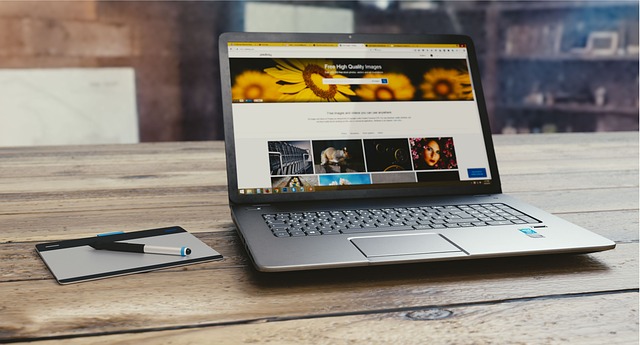How AI is changing image and video optimization for SEO
In today’s digital world, visual content plays a crucial role in SEO. Images and videos capture attention, improve engagement, and influence rankings on search engines. However, optimizing them for SEO has traditionally been time-consuming. AI is now revolutionizing image and video SEO by automating processes, improving accuracy, and enhancing accessibility.
For those looking to master AI-powered SEO strategies, check out our SEO Course – Ebook to stay ahead of the competition.
AI-powered image recognition and metadata automation
AI-driven image recognition enables search engines to understand the content of images better than ever before. Instead of relying solely on alt text, AI can analyze objects, colors, and even emotions in photos to improve search relevance.
Key AI advancements in image SEO:
✅ Automated metadata generation – AI tools can instantly generate alt text, captions, and structured data.
✅ Object and facial recognition – Google Vision AI and similar tools can detect objects and scenes, making images more searchable.
✅ Context-aware image classification – AI can identify brand logos, landscapes, and even text within images to enhance indexing.
✅ Compression without quality loss – AI-powered tools like TinyPNG and ShortPixel optimize images for faster load times without reducing visual quality.
Video SEO: AI’s role in transcriptions and tagging
Video SEO has become a priority for marketers, as Google increasingly ranks video content in search results. AI-powered solutions now help optimize videos by automatically generating transcriptions, keywords, and tags.
🔹 Automated transcriptions: AI-powered tools like Descript and Otter.ai convert speech to text, making videos more accessible and indexable.
🔹 AI-generated subtitles: Google’s auto-captioning and AI tools improve accessibility and engagement.
🔹 Smart tagging and categorization: AI can analyze video content and suggest relevant tags, improving discoverability.
🔹 Scene recognition for SEO optimization: AI identifies key moments in videos, making it easier for search engines to understand video content.
AI for generating alt text and descriptive captions
Alt text is essential for both accessibility and SEO. AI now makes it easier to create descriptive alt text and captions that improve search rankings while making content more inclusive.
AI-driven benefits for alt text and captions:
✅ Faster alt text generation – AI tools like Microsoft Azure and Cloudinary can generate accurate alt descriptions automatically.
✅ Context-aware captioning – AI can understand the intent of an image and craft captions that align with the content.
✅ Multi-language support – AI can translate alt text and captions into multiple languages for global SEO benefits.
✅ Improved accessibility compliance – AI ensures compliance with WCAG (Web Content Accessibility Guidelines), making websites more inclusive.
Best AI tools for image and video SEO
Integrating AI into your image and video SEO strategy requires the right tools. Here are some of the best AI-powered solutions available today:
🚀 Google Vision AI – Enhances image recognition and metadata generation for improved indexing.
🚀 Cloudinary – Automates image optimization, including alt text, resizing, and delivery.
🚀 Descript – AI-powered video editing and transcription tool for SEO-friendly video content.
🚀 Otter.ai – Converts video and audio into searchable text to improve video SEO.
🚀 Adobe Sensei – Uses AI to optimize images and videos for search performance.
🚀 ShortPixel & TinyPNG – AI-driven image compression tools to improve website speed.
Final thoughts
AI is not just improving image and video SEO—it’s revolutionizing it. By automating metadata, enhancing video indexing, and optimizing alt text, AI is making visual content more discoverable and accessible.
📌 Want to stay ahead in AI-driven SEO? Check https://www.allcompanycorp.com/seo-courses/seo-ai-course-ebook/
